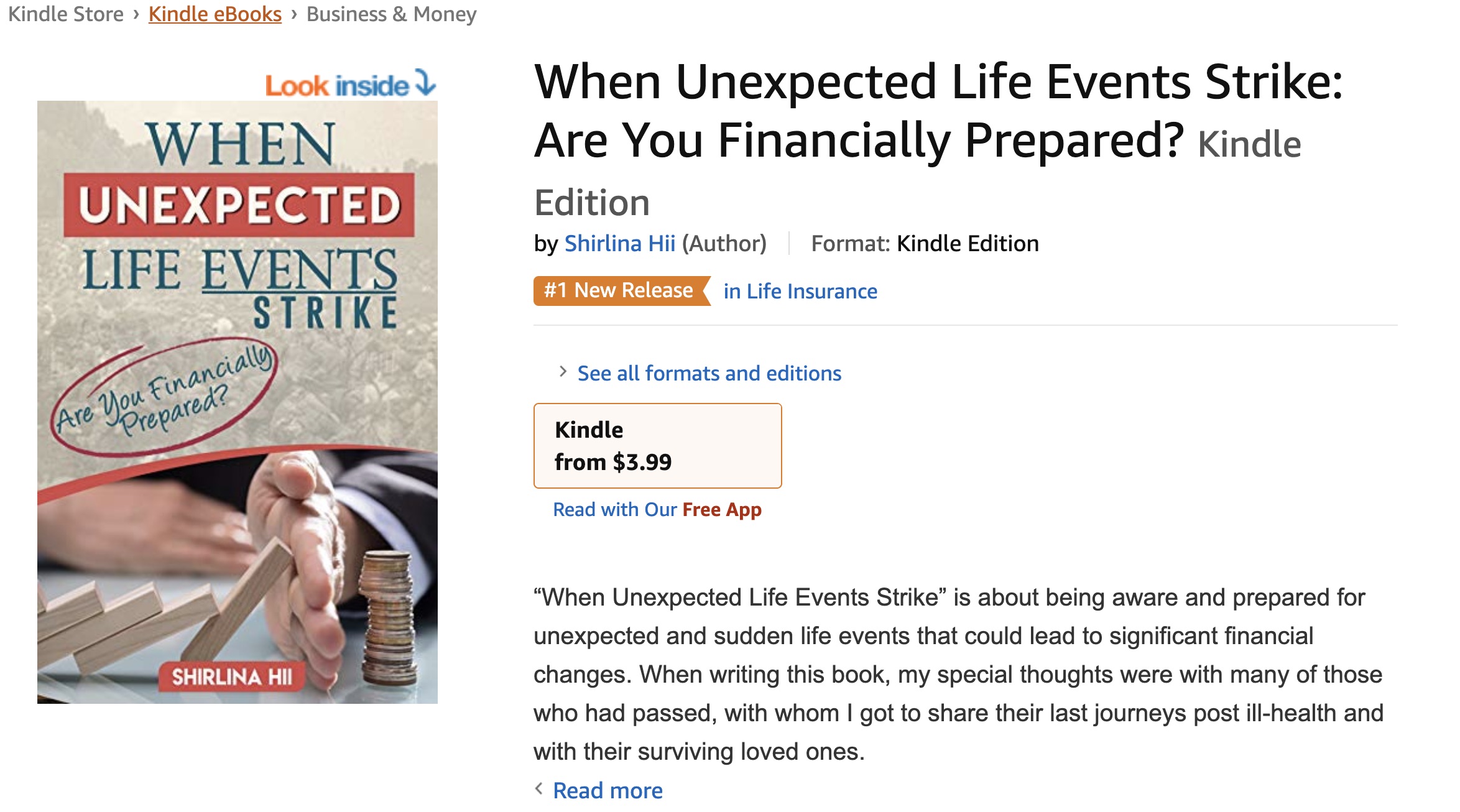You want your loved ones to benefit from your assets if you pass away pre-maturely. Be it your parents, your spouse or your children, you write their names into your Will. In your Superannuation account, you do the same. But which document takes precedence?
I have handled many of these cases in my professional years. Arguments and financial feuds split families apart at a time of loss and grief. “Losing parties” end up engulfed by disappointment. My decision was based solely on what was formally nominated in the Superannuation account and if it was valid at time of the claim. A superannuation account is considered as a non-estate asset, so the benefit is not passed through a Will. It is determined by the terms and the government rules of the Superannuation Fund.
Gary was a tradesperson and a single parent to an only daughter, who was 5 years old. His daughter had been nominated as his sole beneficiary, under a binding nomination. A binding nomination binds the Trustee of Superannuation Fund to pay the benefit to the nominated beneficiary if it remains valid at the time of claim.
Gary died unexpectedly. There had been an accident. His binding nomination was valid at the time of his death. His daughter was the sole beneficiary. What was supposedly a straightforward payment process turned out to become one of the ugliest family affairs.
Since his divorce, Gary’s had the sole custody of his daughter but his daughter decided to live with Gary’s parents as they were very close since her birth. Gary had been busy working so it was the best outcome for him, his parents and his daughter. Gary began a new relationship. He and his new partner shared common financial responsibilities, except for his daughter who remained in the care of his parents.
Gary’s daughter was considered as his dependent and so was his new partner. Unfortunately, the binding nomination was only given to his daughter so there was no discretion to distribute partial benefit to his new partner. This created the ferocious feuds between his parents and his partner after his death.
Understandably, Gary’s parents only wanted the best for their granddaughter and his partner needed some financial help after her sudden loss. They were all emotional “losers”, losing their son, their father or their partner. But there was only one financial “winner”, his daughter. The full amount was finally paid to Gary’s parents, in a trust for the benefit of his daughter. There was no concession made for his partner to receive partial amount. It was a binding and valid beneficiary nomination. No discretion, no second guessing.
Who do you want to benefit from your account in the event you pass away pre-maturely? Will or nomination? Check the rules of your Superannuation Fund and make an accurate nomination.

